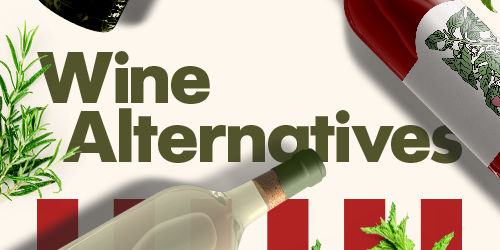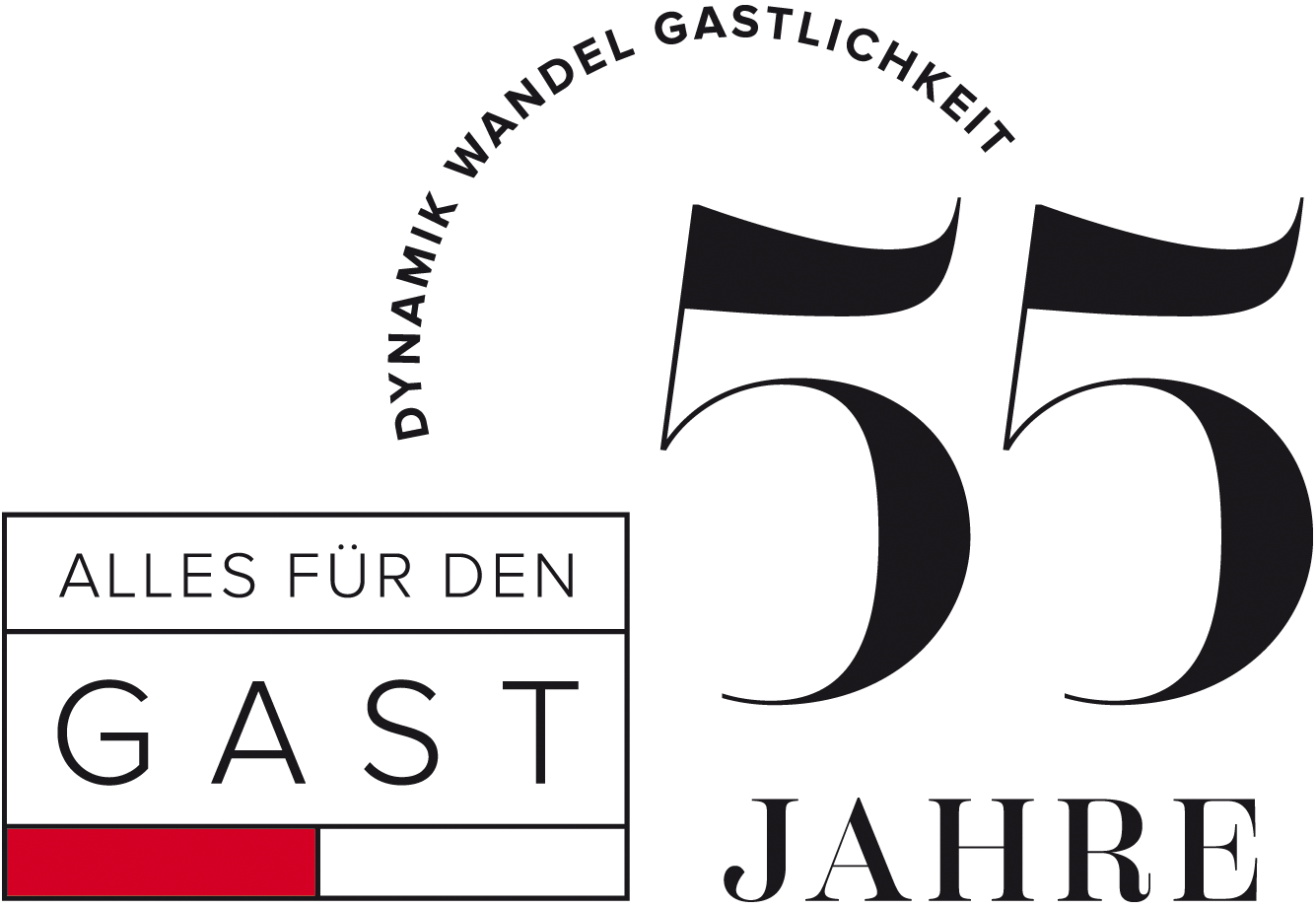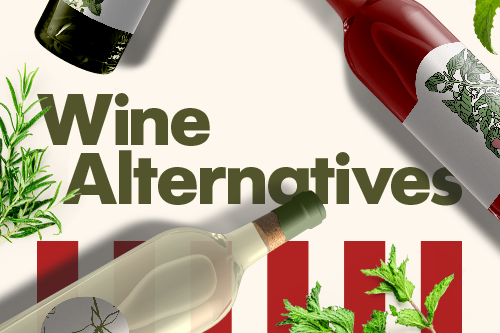
WINE ALTERNATIVES
These products are primarily intended for high-end gastronomy and are served in numerous Michelin-starred restaurants across Europe.
Their production is typically rooted in a scientific and fermentation-based approach, utilising hand-picked tea and fermentation processes. This method imparts remarkable complexity and a vinous character to the proxies. The products are often developed in collaboration with chefs and sommeliers.
A new trend has emerged in modern gastronomy: the growing demand for premium non-alcoholic alternatives to traditional wine. Far from being mere grape juices, these products—often referred to as "proxy wines"—are designed to emulate the complex flavour profile and structural depth of wine. The term proxy is particularly apt, as these beverages are not merely alternatives, but rather a true complement to the culinary experience, supporting and enhancing the flavours of the dishes they accompany.
The production of these sophisticated wine alternatives is a complex process, frequently combining elements of fermentation, maceration, and distillation. In contrast to simple wine dealcoholisation, proxy producers aim to craft entirely new flavour profiles from the ground up. A wide range of botanical ingredients—such as teas, herbs, spices, and fruit peels—are carefully selected, blended, and transformed through fermentation into a multi-layered, dry, and vinous drink that appeals to discerning palates.
As a result, top-tier restaurants—many of them Michelin-starred—are increasingly incorporating proxy wines into their offerings. They provide guests with a fully-fledged, alcohol-free pairing option that is not merely a substitution, but a deliberate choice for an equally refined culinary experience. The growing acceptance and the innovative methods used in production clearly demonstrate that proxy wines are not a fleeting trend, but have earned a lasting place in the world of fine dining and gastronomy.


